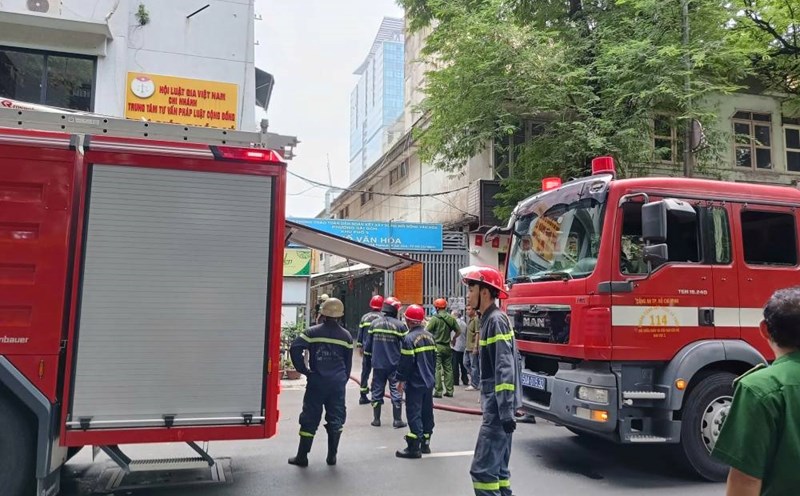NATO members Poland, Finland and all three Baltic states have announced their withdrawal from the Ottawa Convention on the ban on mines and killed in recent weeks.
These moves threaten to reverse decades of efforts by activists in pushing for a global ban on a type of weapon that destroys multiple territories, causing injuries and killing many civilians long after the conflict has passed.
The Ottawa Convention is one of the international agreements signed after the end of the Cold War to encourage the promotion of global military withdrawals.
When withdrawing from the 1997 Convention, countries will be able to return to produce, use, store and transport mines.
All European countries that share borders with Russia have announced plans to withdraw from this global treaty, except for Norway. Over the past week, Norway said that while the threat is growing, maintaining anti-matter land use is important.
Officials say the withdrawal from the Ottawa Convention puts these countries on par with Russia, as well as with the US, China, India and Israel, which have not yet signed or ratified the treaty.
According to the International Campaign to Landmines, along with countries withdrawing from the treaty, global bomb and mine clearance efforts are also facing a major decline, as the US has cut funding for the operation.
The US government has been the largest sponsor of bomb and mine clearing activities, providing more than $300 million a year, equivalent to about 40% of the total international funding for the activity, according to a report by Landmine Monitor in 2024.
In March this year, a US State Department official said that the US had restarted a number of global humanitarian bomb and mine clearance programs and activities but did not provide specific information. The US has previously deployed major bomb and mine clearance programs in Iraq, Afghanistan and Laos.
Anti-person soldiers are often buried underground and designed to automatically detonate when someone steps on or passes by.
According to the International Red Cross Committee, more than 80% of bomb and mine victims are civilians.
The Ottawa Convention includes provisions to support victims, many of whom have lost their limbs and other permanent disabilities.
In October 2024, the United Nations reported that Ukraine had become the country with the most mines in the world. The report said that as of August 2024, there were about 1,286 remaining civilian victims of bombs, mines and explosives.
Under the provisions of the 1997 Convention, member states are required to destroy all mine warehouses within four years, although not all parties comply.
Currently, Poland said it is looking for a way to resume mine production. Several countries withdraw from the mine treaty, including Lithuania, which are also considering leaving the 2008 Cluster bomb treaty.
Cluster bombs are an explosive weapon capable of releasing smaller shells over a large area.
The US, which also did not sign the cluster bomb treaty in 2008, also transferred cluster bombs to Ukraine in 2023 as the country was in conflict with Russia.







